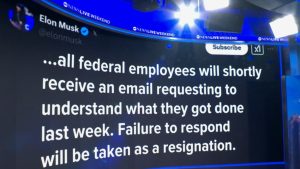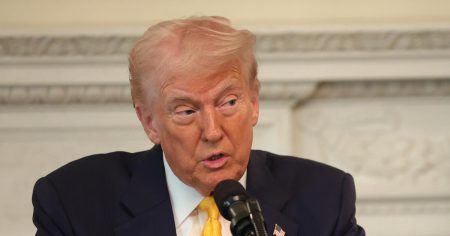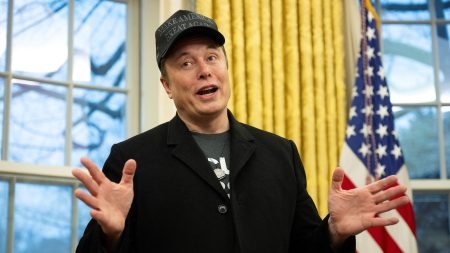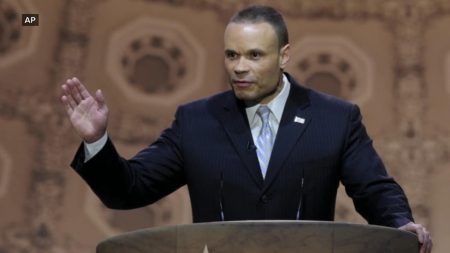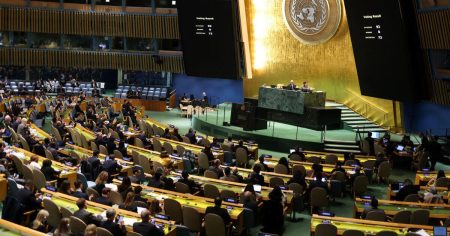Federal Agencies Push Back Against Musk’s Demand: A Comprehensive Analysis
Introduction: Understanding the Context
In a recent turn of events, Elon Musk, the world’s wealthiest individual, has been at the center of a controversial directive involving federal employees. Deputized by President Trump to oversee significant federal layoffs, Musk used the Office of Personnel Management (OPM) to send an email to federal employees. This email required them to document five accomplishments from the past week, with the implicit threat that not responding could be construed as resignation. This move has sparked a wave of pushback from various federal agencies, highlighting a significant deviation from Musk’s directives and raising questions about the balance of power within the federal bureaucracy.
The Email and Musk’s Stance: A New Era of Accountability?
Elon Musk’s email, sent via the OPM, marked a stark approach to performance evaluation, mandating federal employees to provide a weekly account of their accomplishments. This directive was presented under the guise of accountability, yet it carried an ultimatum: failure to respond could lead to termination. Musk’s role, as delegated by President Trump, positions him as a central figure in shaping federal employment practices, a move that has not gone without contention. The email’s tone and implications have stirred concern among employees, who perceive it as an overreach into their professional routines.
Agency Pushback: A Defense of Bureaucratic Autonomy
The pushback from federal agencies has been swift and decisive. The Justice Department, under Deputy Director Suzanne Belle, clarified that employees were under no obligation to respond to Musk’s email. Similarly, FBI Director Kash Patel advised his team to disregard the directive, emphasizing that performance reviews would follow established internal protocols. This collective pushback underscores a broader sentiment among agencies to safeguard their operational independence and protect employees from what is viewed as an unwarranted intrusion.
Implications of the Pushback: A Clash of Interests
The agencies’ defiance signals a significant clash between centralized authority and bureaucratic autonomy. On one hand, Musk’s directive reflects a desire for streamlined efficiency and accountability, concepts he has championed in his private ventures. On the other hand, the pushback from agencies highlights the complexity of federal operations and the need for nuanced approaches to performance evaluation. This clash raises fundamental questions about the role of external figures in shaping federal employment practices and the potential erosion of agency-specific traditions.
Reactions from Other Departments: A Unified Front
The pushback is not isolated to the Justice Department and the FBI. The State Department, Department of Homeland Security, and Pentagon have also directed their employees to disregard the email. The Pentagon, for instance, asserted its commitment to conducting performance reviews according to its own procedures. This unified response indicates a broader resistance within the federal government, suggesting that Musk’s approach may face significant hurdles in being implemented across the board.
Conclusion: Navigating the Future of Federal Employment
The controversy surrounding Musk’s email and the subsequent pushback from federal agencies offers a glimpse into the challenges of modernizing federal employment practices. While the intent behind the directive—enhancing accountability and efficiency—is clear, its execution has exposed underlying tensions between centralized control and agency autonomy. As this situation evolves, it will be crucial to balance the need for accountability with the preservation of bureaucratic independence, ensuring that any reforms respect the complexities of federal operations. The outcome will likely set a precedent for how external figures influence federal employment, shaping the future of government work in the U.S.

